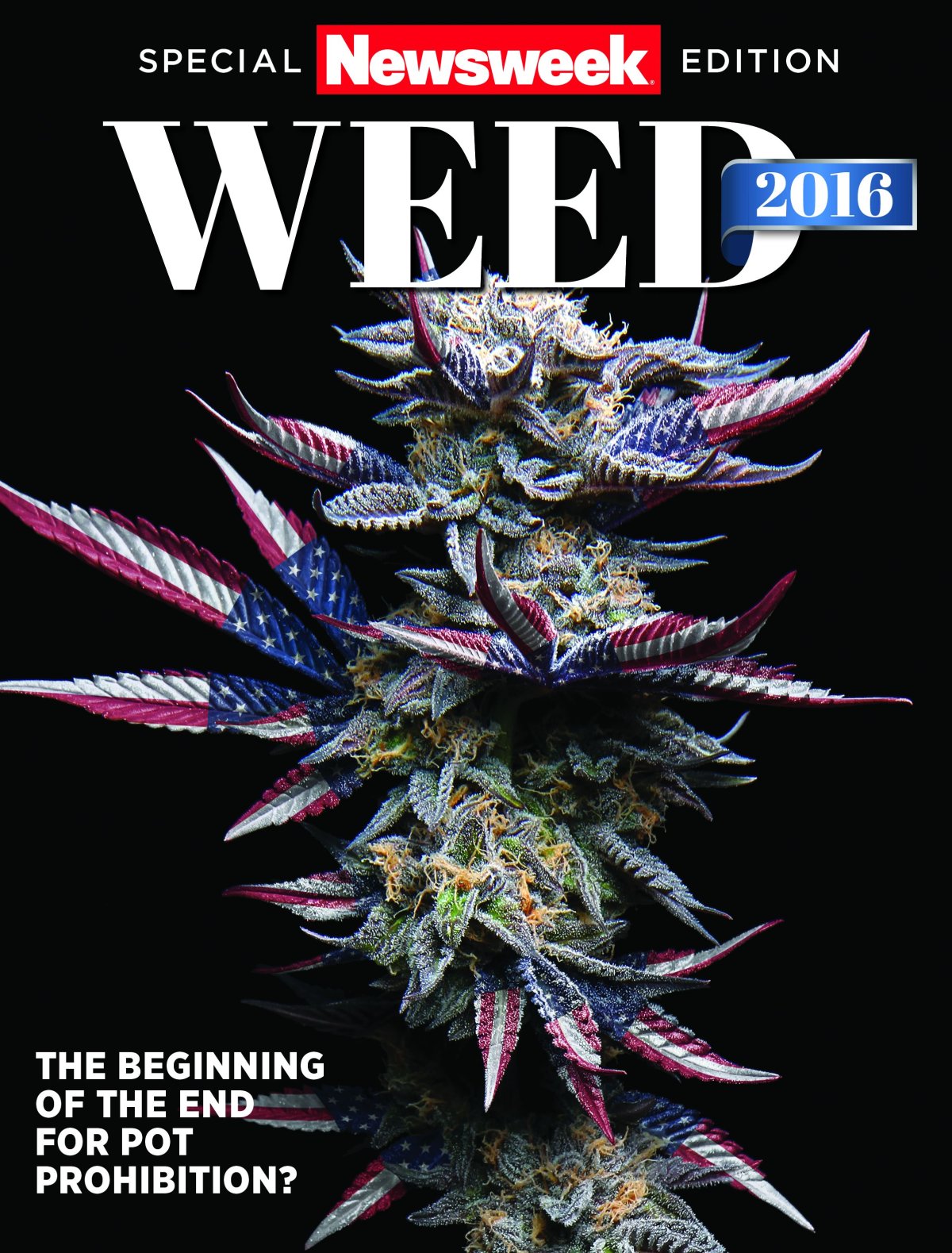
This article was excerpted from Newsweek's Special Edition, Weed 2016: The Beginning of the End for Pot Prohibition.
Advocates of legal cannabis made more than a few promises to denizens of their states while pushing to end pot prohibition. Many of these have become reality, with millions of dollars being set aside for the public good, youth use rates having declined and the sky generally not having fallen over Colorado, Washington, Oregon and Alaska. But one glaring issue—the continuing existence of the black market in those four states—is a persistent thorn in the side of advocates of the new legal system being implemented there.
One of the reasons residents continue to flout the law is simple convenience. A cursory glance at Denver's Craigslist page will reveal dozens of delivery services for cannabis, all purporting to be above board. For a "donation," one of these delivery services will meet you and give you cannabis in a ziploc bag or angular lucite box—almost like a pot dealer, one might say. Due to the high level of taxation on cannabis at government-licensed dispensaries, many users are looking to delivery services like these, as well as the old standby of calling a friend of a friend, to get their buds without government interference. These networks of friends of friends have undoubtedly become more intricate since Colorado's legalization has gone into effect. With each resident allowed to grow six plants, medical permit holders being allowed to grow as many as 75 and adults allowed to "share" up to an ounce legally, there are more avenues than ever for Coloradans looking to skirt inconvenient laws.
But an even bigger factor driving the black market in Colorado has nothing to do with the folks living in the Centennial State—it's the demand from residents living in nearby states where cannabis is still illegal. Sam Chapman, co-founder of New Economy Consulting, which monitors cannabis in Oregon, recently told VICE that as many as 80 percent of the state's cannabis crops end up leaving Oregon. Much of this contraband is then shipped to the East Coast, where residents in states with high demand but harsh penalties, such as New York and Florida, are able to take advantage of the quality facilitated by legal cannabis systems in other states.
While law enforcement officials in legal states continue to attempt to stem the flow of exported cannabis, relief from this problem may come from the loosening of laws, rather than the expansion of them, as demonstrated in history by alcohol prohibition. If the states where cannabis retains its illegal status were to change their laws, the plant's black market would be reduced to what exists now for alcohol and tobacco. While there are some who still choose to buy tax-free cigarettes illegally or produce moonshine and sell it to local acquaintances, most consumers prefer the convenience of a legal transaction to the mild benefit of a few dollars off. It is the hope of cannabis advocates that a solution will thus come from out-of-state, and with 80 percent of crops leaving Oregon, it's easy to see why. Not only is demand strong for cannabis across the country, but now imports also don't have to cross an international border. Like so many problems arising from state legalization of cannabis, it's a quandry crying out for a federal solution that is nowhere in sight.
This article was excerpted from Newsweek's Special Edition, Weed 2016: The Beginning of the End for Pot Prohibition, by Issue Editor James Ellis. For more on Marijuana in 2016, pick up your copy today.

Uncommon Knowledge
Newsweek is committed to challenging conventional wisdom and finding connections in the search for common ground.
Newsweek is committed to challenging conventional wisdom and finding connections in the search for common ground.
About the writer
To read how Newsweek uses AI as a newsroom tool, Click here.








